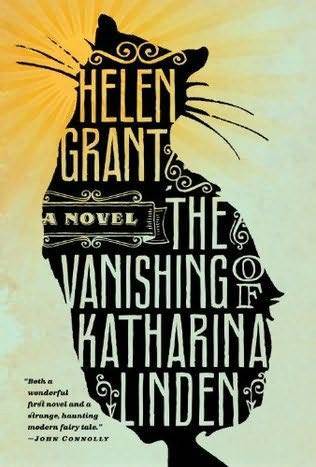What do you think?
Rate this book


287 pages, Hardcover
Published August 10, 2010
 And what was with that one section where Pia and these other two kids in England (Charles and Chloe I think) had this argument with many "fucking's"? That was like so random having just one section where the F bomb was frequently used. What was the author trying to achieve there?
And what was with that one section where Pia and these other two kids in England (Charles and Chloe I think) had this argument with many "fucking's"? That was like so random having just one section where the F bomb was frequently used. What was the author trying to achieve there?